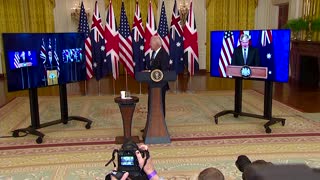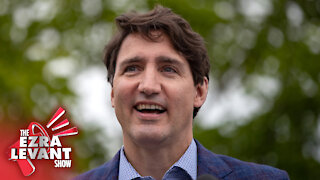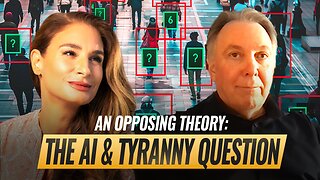Premium Only Content

Why China is Mad and why France Sucks and Canada is out to Lunch
Get over to odysee ! Link blow to last mike in the Night!
https://odysee.com/@MikeMartins:7/mikeinthenightE378:b
In fact, the military architect of the Iraq invasion of 2003, the former US Defense Secretary Donald Rumsfeld inadvertently touched on the difference between chess and real military action, when he talked about "known unknowns" in armed conflict.
Chess is what is termed a "perfect information" game - each player can see on the board everything there is to know about his opponent's dispositions.
This, perhaps, is why German military officers in the 19th Century devised a peculiar board game known as Kriegspiel - or "wargame" - as a training tool. It was later adapted into a variant of chess in which three boards are used, with neither player seeing the opponent's board or pieces, and the third board controlled by an umpire who executes the moves called out by each combatant.
But in the modern age, it is in the field of computer programs that chess - of the conventional sort - has captivated some minds in the military establishment. In the final year of the Cold War, 1989, I investigated this, having discovered that Prof Donald Michie, then the leading British authority on chess artificial intelligence, was being funded in his work by the US Army Research Institute.
Michie was the chief scientist at the Turing Institute at Glasgow. Turing, now most famous as the man who helped break the Nazis' Enigma code at Bletchley Park, was accompanied in that work not just by Michie but by almost the entire English chess team. The best British chess player of the day, Hugh Alexander, went on to become head of cryptoanalysis at GCHQ, while doubling as the Spectator's chess columnist under the pseudonym Philidor.
Michie, who died in 2007, said that his "two bishops versus knight" chess tutorial machine had "enormous" military application. I then discovered that the Deep Thought chess computer program - which in a later version called Deep Blue sensationally beat the reigning human world champion Gary Kasparov in 1997 - was being partially funded by Darpa, the Pentagon's Defense Advanced Research Projects Agency.
Back in 1989, Lt Col Robert Simpson, Darpa's head of expert systems research, told me that the Deep Thought chess program had a clear military application with "navigation in a battlefield situation. A machine like this, programmed with knowledge of the terrain a pilot is flying through, can digitise all the various route choices, explore them, and choose the optimum route. That is exactly what Deep Thought is doing."
It is fair to say that the computer programmers themselves, whose motives were solely to create world-beating chess algorithms, thought this was hokum. Ken Thompson, of Bell Labs and creator of the Belle chess program, observed: "The only military application for a chess machine like Deep Thought is to drop it from an airplane to kill someone."
-
 4:15
4:15
Mike Martins Channel
1 month ago $0.07 earnedMassive Banking Regulations in the Philippines 🇵🇭
3212 -
 2:22
2:22
Reuters
3 years agoChina, France rebuke U.S. nuclear sub pact 'AUKUS'
57911 -
 1:32
1:32
Reuters
4 years agoChina is committing genocide: Canada lawmakers
6505 -
 1:58
1:58
HeartofGod1
4 years agoPulling Canada Out
56 -
 5:46
5:46
Rebel News
4 years ago $0.94 earnedCanada is still sending millions in foreign aid to China
3.78K50 -
 1:56:25
1:56:25
Nerdrotic
3 hours ago $1.92 earnedThe Mysteries of Mars and the Moon with Mike Bara | Forbidden Frontier #114
10.6K3 -
 1:11:31
1:11:31
The Mel K Show
2 hours agoMel K & Chas Holloway | An Opposing Theory: The AI & Tyranny Question | 8-31-25
5.48K2 -
 LIVE
LIVE
Rallied
2 hours ago $1.26 earnedSolo Challenges All Day
163 watching -
 LIVE
LIVE
IsaiahLCarter
2 days agoGrandmasters and Heretics || APOSTATE RADIO #027
73 watching -
 3:03:40
3:03:40
Barry Cunningham
7 hours agoPRESIDENT TRUMP IS THE TROLLER-IN-CHIEF AND MORE BREAKING NEWS!
33.5K30